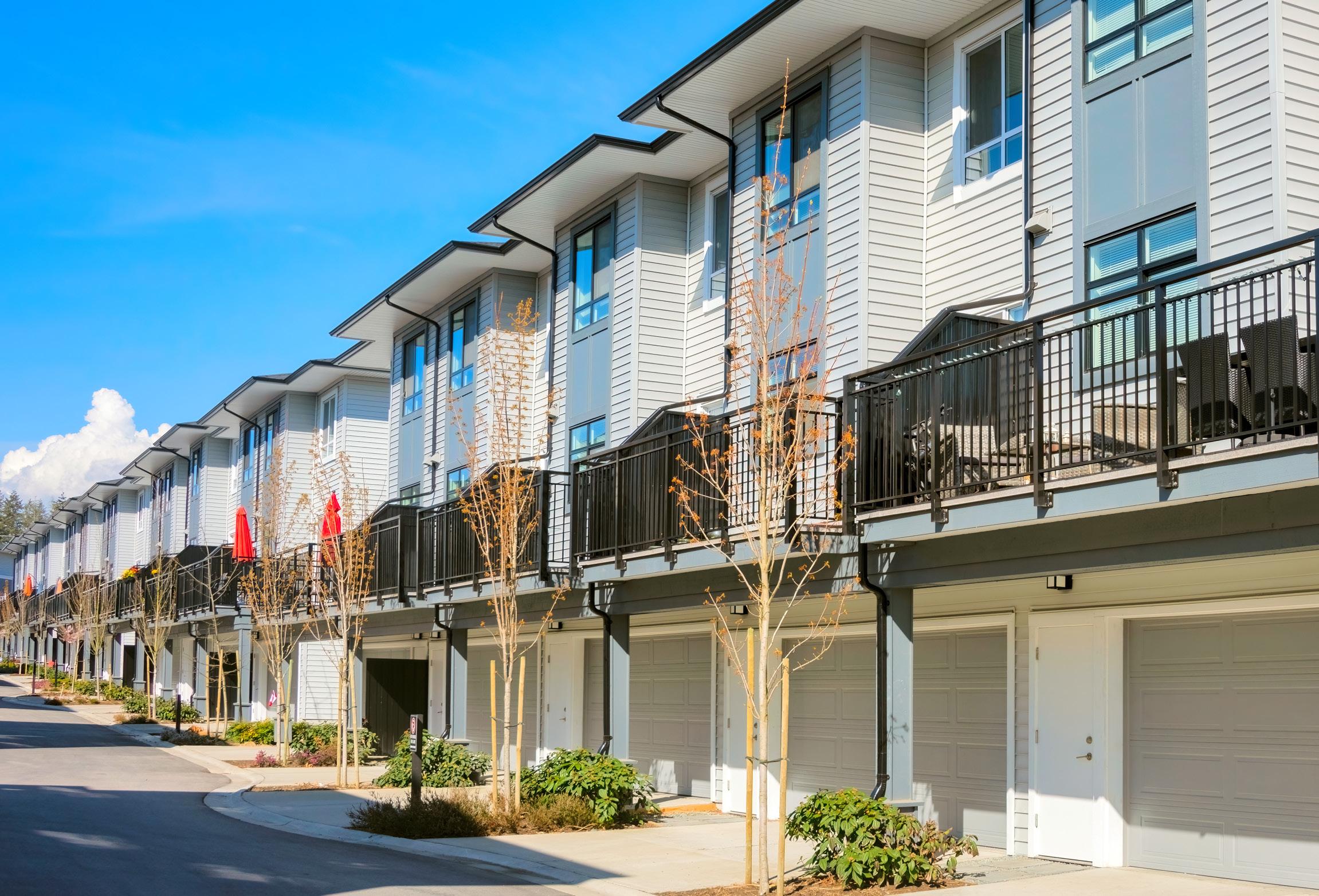
3 minute read
6 Trigger Words and Questions Every Landlord Should Listen For
by Phil Schaller w/ RentalRiff
You can hardly turn on a television or read a newsfeed where you don’t encounter the term “trigger words.” While there are some universally accepted trigger words, like racial or ethnic slurs, most people or groups have their own unique lexicon of words that send them immediately into orbit. Our industry is no different, and over the years the way we identify the players in our game have even fallen victim. In many circles, “landlords” are now more generically referred to as “housing providers,” while tenants are now more often called “residents.”
Advertisement
As a landlord (I can call myself that because I am one) for more than 20 years, I have encountered thousands of applicants who are looking to rent my property. In looking at them as a potential “business partner,” I engage several of my senses to get a read on what kind of potential partner they might be. More important than anything, I listen closely to the questions they ask as we tour the property. The following is a list of the top trigger words or phrases that every landlord, old and new, should intently listen for to ensure they are getting the best possible read on a person for their property and partnership.
Disclaimer: Being presented these questions doesn’t always mean the applicant is a definite no-go, but it should put you on notice. Always make decisions from the detailed [written ] criteria.
1. Are you going to perform a background check on me?
Has an innocent person with nothing to hide every asked this question? The likely answer is no. why would they?
If they have no criminal background history, then I have nothing to fear; run all the background checks you want. As an applicant, if I have something in my past that I am trying to keep from you as my potential landlord, I’d rather know up front, so I don’t waste time or money on trying to qualify for your property. If this question every comes up, now is the perfect time to introduce your rental criteria. Let the applicant know that you have a standard criteria and that these rules are applied evenly and fairly to all applicants. It’s easier to let the criteria work for you in showing exactly where the standard is for qualifying for your property. Make sure the criteria are clear in defining exactly what you are looking for when it comes to disqualifying criminal history. And if you don’t have a criteria, consult with your attorney or local experts to ensure that what you are doing in regard to background checks is legal.
2. Do you require a deposit up front?
I can’t tell you how many times I’ve heard this question, or one similar to it.
I’ve been asked to spread out a deposit over a few months, or even the entire term of the lease. Whatever form it comes in, it puts me on alert. Why? Because it usually indicates that money is tight and that I may not be a priority when finances are stretched thin. When a medical bill or car-repair charge hits a tenant hard, you may be the last person to get paid, if you get paid at all. Now is the time when you really have to stick to your guns and require that deposit, as it may be the only protection you have moving forward.
3. Can I move in immediately?
I’ve shown properties where the individuals have arrived at the showing with the moving van packed and ready to unload.
This concerns me, as I have to ask them why they are needing to move so quickly. Did they just get evicted? Did they leave their last residence in the middle of the night to avoid being seen by their landlord? Granted, there are times when an applicant just suffered a devastating loss by flood or fire and needs immediate housing. Asking followup questions on why they need to move so quickly will help you analyze the situation and make the best decision for you and your property.
4. How many people can stay here?
While it might seem harmless, this question could lead to more people living in your property than it can accommodate. When an applicant sees your listing as a 3-bedroom, 2-bath, it’s pretty safe to expect it can accommodate up to six people. Establishing the maximum occupancy in an applicant’s mind lets them know what you expect and consider as “too many” people in the home. This question is often accompanied by “how long can someone stay and still be considered a guest?” Both of these together or individually are cause for you to ask a lot of follow-up questions to determine exactly how your property will be used. Again, clear criteria can protect you in this area.






